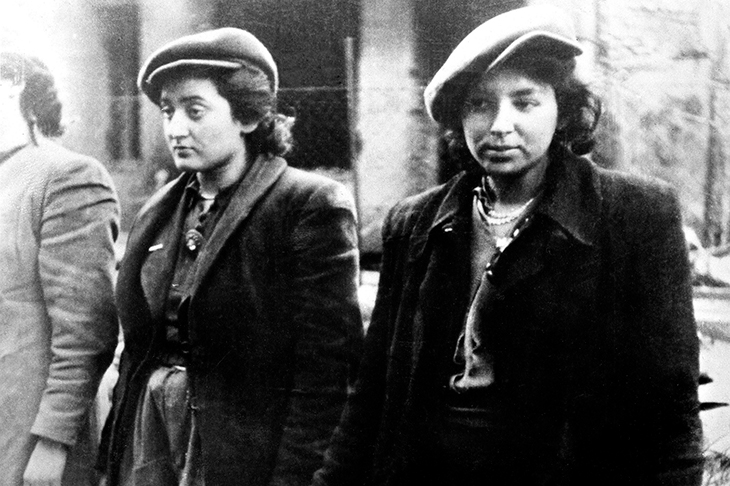‘Jewish Resistance in Poland: Women Trample Nazi Soldiers,’ ran a New York headline in late 1942. That autumn, the Nazi occupying forces in the ancient town of Lubliniec, in southern Poland, had forced the Jewish community to assemble in the square. As men, women, the elderly and children were ordered to strip, a dozen women suddenly attacked their persecutors, scratching, biting and hurling stones.

Disagree with half of it, enjoy reading all of it
TRY A MONTH FREE
Our magazine articles are for subscribers only. Try a month of Britain’s best writing, absolutely free.
Already a subscriber? Log in






Comments
Join the debate, free for a month
Be part of the conversation with other Spectator readers by getting your first month free.
UNLOCK ACCESS Try a month freeAlready a subscriber? Log in